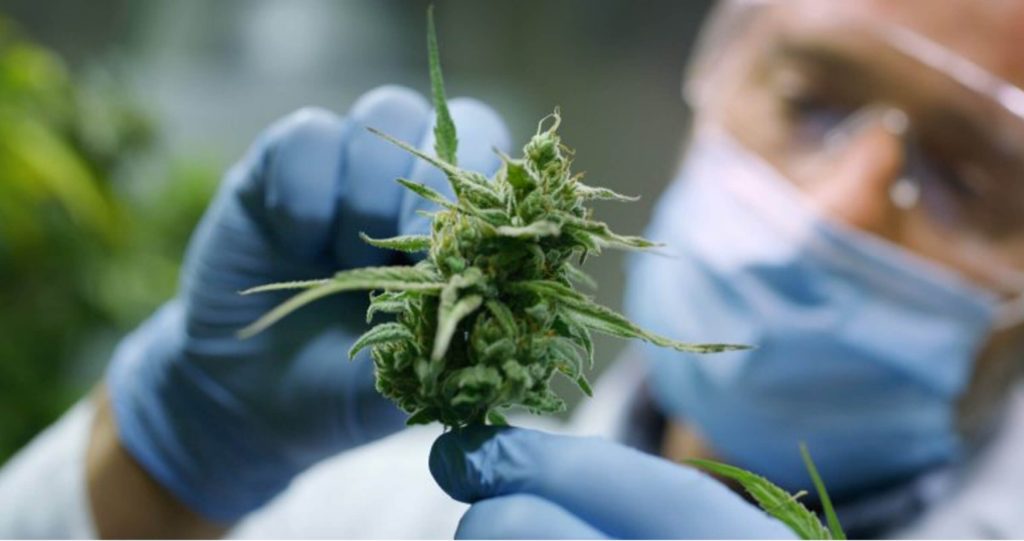As of 2024, cannabis has become increasingly recognized as a valuable tool in treating a variety of medical conditions. With ongoing research and evolving understanding of the plant’s potential benefits, the list of conditions for which cannabis is being used continues to grow. Here are 20 medical conditions that cannabis is now being used to treat, along with the benefits of using cannabis for each one.

- Chronic Pain: Cannabis has analgesic properties that can help alleviate chronic pain without the risk of addiction associated with opioids.
- Cancer: Cannabis can help manage cancer-related symptoms such as pain, nausea, and loss of appetite, as well as potentially slowing the growth of certain types of tumour’s.
- Anxiety: Cannabis can reduce feelings of anxiety and promote relaxation, making it a potentially effective treatment for anxiety disorders.
- Epilepsy: Cannabis has shown promise in reducing the frequency and severity of epileptic seizures in some patients.
- Arthritis: Cannabis has anti-inflammatory properties that can help alleviate pain and stiffness associated with arthritis.
- Insomnia: Cannabis can help improve sleep quality and reduce the time it takes to fall asleep, making it a potential treatment for insomnia.
- PTSD: Cannabis has been shown to help manage symptoms of post-traumatic stress disorder, including anxiety, depression, and insomnia.
- Multiple Sclerosis: Cannabis can help alleviate muscle spasms, pain, and other symptoms associated with multiple sclerosis.
- Crohn’s Disease: Cannabis has shown promise in reducing inflammation in the gut and alleviating symptoms of Crohn’s disease.
- Migraines: Cannabis can help reduce the frequency and intensity of migraines, as well as provide relief from associated symptoms such as nausea and sensitivity to light.
- Fibromyalgia: Cannabis can help alleviate pain and improve sleep quality in patients with fibromyalgia.
- Glaucoma: Cannabis can help reduce intraocular pressure in patients with glaucoma, potentially slowing the progression of the disease.
- Alzheimer’s Disease: Cannabis has neuroprotective properties that may help slow the progression of Alzheimer’s disease and improve cognitive function in some patients.
- Parkinson’s Disease: Cannabis can help alleviate symptoms such as tremors, stiffness, and impaired balance in patients with Parkinson’s disease.
- Tourette Syndrome: Cannabis can help reduce the frequency and intensity of tics in patients with Tourette syndrome.
- Chronic Fatigue Syndrome: Cannabis can help improve energy levels and reduce pain in patients with chronic fatigue syndrome.
- Asthma: Cannabis has bronchodilator properties that can help improve airflow and reduce symptoms in patients with asthma.
- Autoimmune Diseases: Cannabis has anti-inflammatory properties that can help alleviate symptoms of various autoimmune diseases, such as rheumatoid arthritis and lupus.
- Bipolar Disorder: Cannabis can help stabilize mood and reduce symptoms of mania and depression in patients with bipolar disorder.
- Opioid Addiction: Cannabis can help reduce cravings and withdrawal symptoms in patients recovering from opioid addiction, potentially serving as a safer alternative for pain management.
It’s important to note that while cannabis shows promise in treating these conditions, more research is needed to fully understand its potential benefits and risks. Patients interested in using cannabis as a medical treatment should consult with a healthcare provider familiar with cannabis therapy to determine the most appropriate approach for their individual needs.

